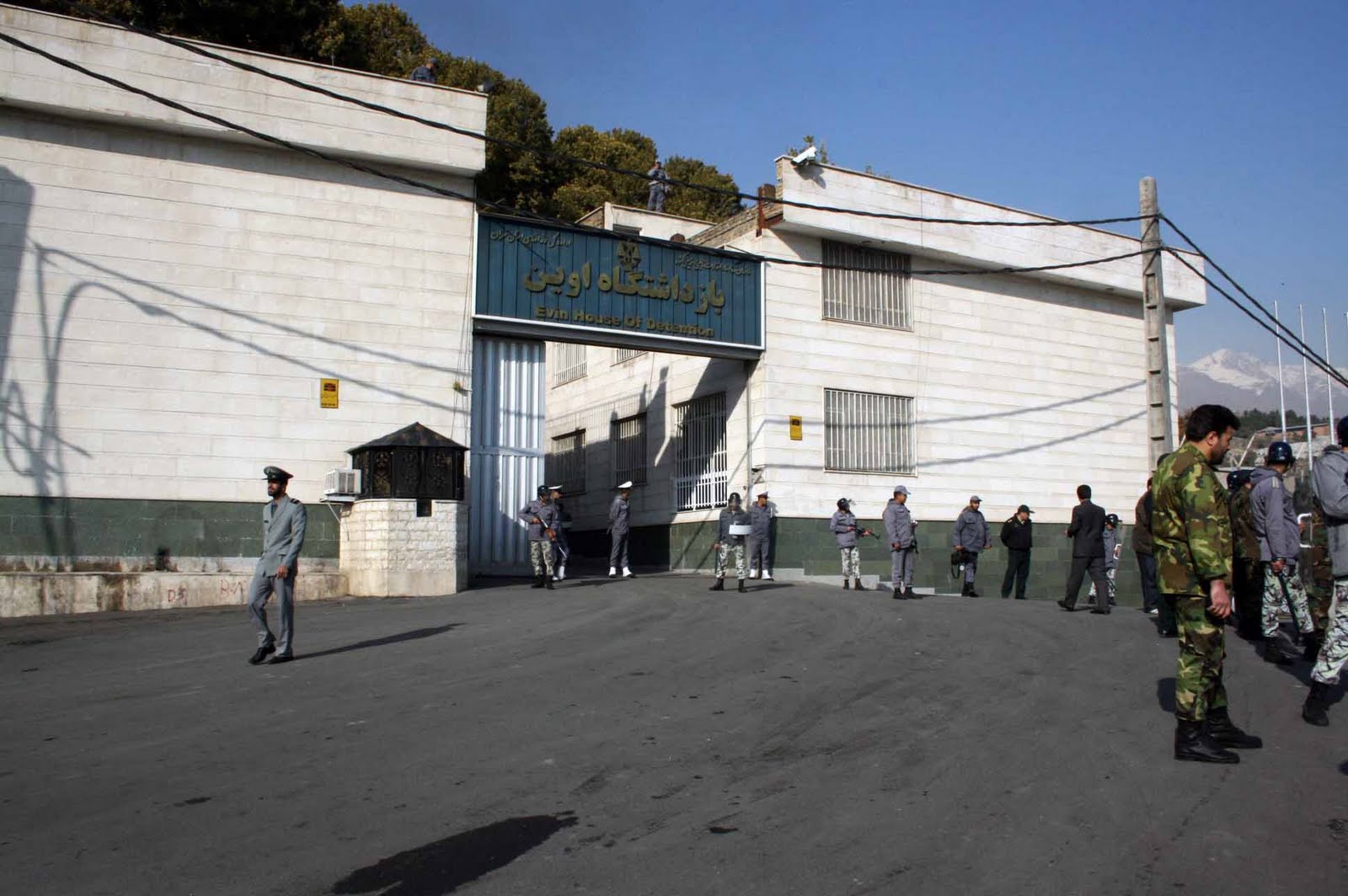|
Rahman Hatfi
Rahman Hatfi (; 1941 – 10 July 1983), also known by the nickname ''Haider Mehrgan'', was a journalist and left-wing political activist from Iran. He served as the editor of the ''Kayhan'' newspaper on the eve of the Iranian Revolution in 1979, and later became the editor of Namah Mardom while being a member of the Tudeh Party of Iran. Hatfi was arrested in May 1983 and subsequently died under suspicious circumstances on July 10, 1983. One account suggests he was killed under torture in Towhid Prison, while another story claims he took his own life in his prison cell. Before the Revolution After the assassination of ''Houshang Tezabi'' by SAVAK, the "Towards the Party" magazine was published for a short period with the efforts of Rahman Hatfi, who had been friends with ''Dr. Tezabi'' since his youth and collaborated with him to a large extent. Later, the magazine "Navid" replaced it, and the "Navid Organization" as the internal organization of the Tudeh Party of Iran during ... [...More Info...] [...Related Items...] OR: [Wikipedia] [Google] [Baidu] |
Towhid Prison
Anti-sabotage Joint Committee, or Komiteh Moshtarak, was built in the 1930s. It was used by Pahlavi regime, specially its secret police known as SAVAK against political opponents. It reportedly was shut down by the Islamic Republic in August 2000. It is currently the Ebrat Museum of Iran ("Edification Museum") in Tehran. Galerie File:Prison de Towhid, Téhéran (2).jpg, The inner courtyard. File:Prison de Towhid, Téhéran (5).jpg, File:Prison de Towhid, Téhéran (4).jpg, Mugshots of former inmates. File:Prison de Towhid, Téhéran (3).jpg, A cell. File:Prison de Towhid, Téhéran (6).jpg, The torture room. See also *Qasr Prison *Evin Prison Evin Prison () is a prison located in the Evin neighborhood of Tehran, Iran. The prison has been the primary site for detaining Iran's political prisoners since 1972, before and after the Iranian Revolution, in a purpose-built wing nicknamed "E ... References External links *Roozbeh Farahanipour's report on Towhid Prison (ar ... [...More Info...] [...Related Items...] OR: [Wikipedia] [Google] [Baidu] |
Abbas Gharabaghi
Arteshbod Abbas Karim Gharabaghi (; 9 February 1918 – 13 October 2000) was an Iranian general who was the last chief of staff of the Iranian Armed Forces as well as deputy commander-in-chief of the Iranian Imperial Army under the rule of Mohammad Reza Pahlavi, the last Shah of Iran. Gharabaghi was one of two senior military officials who were not detained and executed by the Islamic Revolutionary Council. With Fardoost, he convinced the army to get a neutral position as he was linked with the Revolutionary and foreign intelligence forces. Background and career Born in Tabriz, Gharabaghi was of Azerbaijani origin. He served as the gendarmerie commander until 1979. When the Iranian Revolution broke out in 1978, both Hassan Toufanian and Amir Hossein Rabii planned to carry out a coup to stabilize the turmoil in the country. However, the idea failed as it was not backed by other senior military officials, including Gharabaghi. Gharabaghi was appointed chief of staff of the Ir ... [...More Info...] [...Related Items...] OR: [Wikipedia] [Google] [Baidu] |
Torture In Iran
From the Imperial Pahlavi dynasty (1925 to 1979), through the Islamic Revolution (1979), to the era of the Islamic Republic of Iran (1979 to current), government treatment of Iranian citizens' rights has been criticized by Iranians, international human rights activists, writers, and NGOs. While the monarchy under the rule of the shahs was widely attacked by most Western watchdog organizations for having an abysmal human rights record, the government of the Islamic Republic which succeeded it is considered still worse by many. Over the decades, various groups, including political dissidents, religious minorities, and ethnic communities have faced systematic repression, with state policies often targeting not only political opposition but also cultural and linguistic identity. The Pahlavi dynasty—Reza Shah Pahlavi and his son Mohammad Reza Shah Pahlavi—has sometimes been described as a "royal dictatorship", or "one-man rule", and employed secret police, torture, and executi ... [...More Info...] [...Related Items...] OR: [Wikipedia] [Google] [Baidu] |

